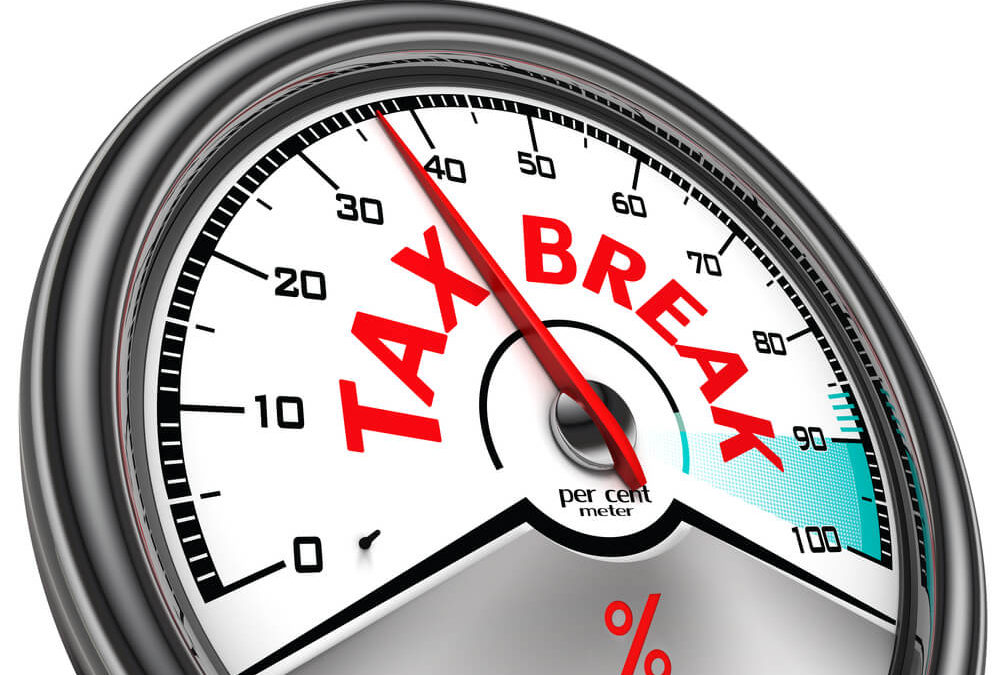Update, March 20, 2020, 10:30 a.m. EDT: Treasury Secretary Steven Mnuchin is changing his tune again regarding tax day. The day to file has also now been extended to July 15, along with the deadline to pay if you owe. The move to change the filing date comes just two days after Mnuchin said only the deadline to pay had been pushed back.
The latest change comes after President Donald Trump ordered the extension to file in addition to the extension to pay.
At @realDonaldTrump’s direction, we are moving Tax Day from April 15 to July 15. All taxpayers and businesses will have this additional time to file and make payments without interest or penalties.
— Steven Mnuchin (@stevenmnuchin1) March 20, 2020
Mnuchin did however urge people expecting a refund to go ahead and file as soon as possible.
I encourage all taxpayers who may have tax refunds to file now to get your money.
— Steven Mnuchin (@stevenmnuchin1) March 20, 2020
The Original Tax Day Story
Treasury Secretary Steven Mnuchin clarified Wednesday that only the deadline to pay your taxes has been extended to July 15, but you still must file your taxes by April 15.
“If you owe a payment to the IRS, you can defer up to $1 million as an individual,” Mnuchin said during a Wednesday press conference at the White House. “All you have to do is file your taxes; you’ll automatically not get charged interest in penalties.”
Corporations filing are also eligible for an extension on up to $10 million in taxes owed.
Certified Public Accountant Nate VandenBerg said this extension acts as a short-term loan for many individuals and corporations.
“The Treasury just provided a $300 billion short-term loan — interest free — to individuals and corporate America by pushing back the payment deadline to July 15,” VandenBerg said.
Mnuchin stressed the importance of filing your taxes during the original announcement Tuesday.
“For many Americans, you will get tax refunds,” Mnuchin said.
VandenBerg echoed Mnuchin’s sentiment.
“Individuals and corporations that are expecting refunds should still file their taxes as soon as possible to get their refunds,” he said.
The IRS has been very busy, and has processed more than 65 million income tax returns as of March 6. Just over 80% of filers (52.7 million) received a refund averaging $3,012, according to IRS data.
One thing to be careful of is state income tax. The federal government has provided some relief, but you should check your own state’s rules before assuming you don’t need to file state taxes if it collects them.
California has only granted a 60-day delay while Maryland has said it will grant individual extensions if the federal government does, which it now has. The AICPA has a handy guide to state tax regulations amid COVID-19 here.
This should provide some much-needed relief for some Americans as the coronavirus forces many businesses and organizations to adjust their schedules or shutter their doors for an unknown amount of time.




